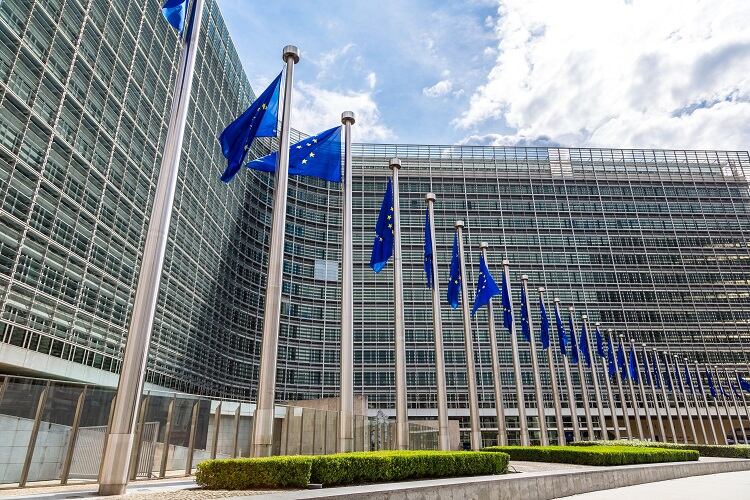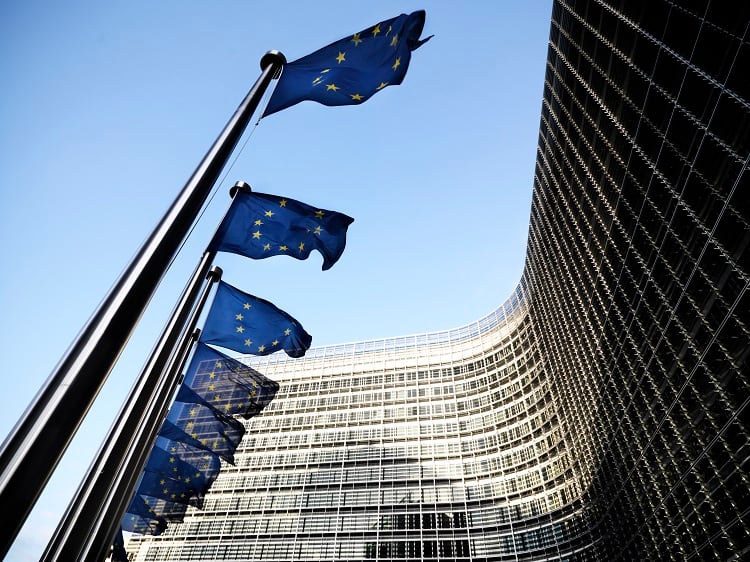The European Union is proposing a range of sustainability rules will be ‘simplified’ in order to reduce regulatory burden on companies, which it predicts will save business around €6.3bn in annual administrative costs.
It had previously pledged to simplify sustainability regulation in the recently released ‘Vision for Food and Agriculture’.
Affected regulations will include the upcoming Corporate Sustainability Due Diligence Directive (CSDDD) and the existing Corporate Sustainability Reporting Directive (CSRD).
What changes are proposed?
The EU proposes to remove 80% of companies from the scope of the CSRD, focusing mainly on larger companies. It will postpone reporting requirements under its scope to 2028 (they are currently at 2026 or 2027).
It also aims to limit the scope of the EU Taxonomy reporting obligations, which requires companies to report on sustainability, to the same scope as the CSDDD, and will introduce the option of reporting on activities ‘partially aligned’ with EU taxonomy. Reporting templates will be reduced by 70% and a financial materiality threshold will be introduced.
Crucially, it aims to ensure that sustainability reporting requirements on large companies do not ‘burden’ smaller companies within their value chains.
In due diligence, too, the scope will be reduced, affecting the upcoming CSDDD. Systematic due diligence will be focused on ‘direct’ business partners, and periodic assessments of partners will be cut from once a year to every five years.
The amount of information required of value chain mapping by large companies will be reduced, which the EU hopes will reduce the burden on SMEs.
It aims to remove the CSDDD’s EU civil liability conditions, which makes companies liable for harm caused by its products, while retaining the right for victims to seek compensation.
It also proposes the application of sustainability due diligence requirements for the largest companies to be postponed by one year (to 26 July 2028) and the adoption of the guidelines to be advanced by one year (to July 2026).
Finally, it aims to harmonise sustainability due diligence requirements across the bloc.
The EU predicts that, alongside the projected cost savings, the proposed changes will mobilise around €50 billion to ‘support public priorities’.
These changes will now be submitted to the EU Parliament and EU Council for consideration.
“Simplification promised, simplification delivered!“ said EU Commission President Ursula von der Leyen in a statement.
“We are presenting our first proposal for far-reaching simplification. EU companies will benefit from streamlined rules on sustainable finance reporting, sustainability due diligence and taxonomy. This will make life easier for our businesses while ensuring we stay firmly on course toward our decarbonisation goals. And more simplification is on the way.”
How have people reacted?
The proposals have drawn criticism from some groups.
For example, the organisation World Wildlife Fund (WWF) described the changes as ‘deeply flawed,’ appearing “to lead towards a reckless proposal that would destroy the EU’s corporate sustainability reporting and due diligence framework – a framework carefully built over the past eight years," said Sebastien Godinot, senior economist at WWF European Policy Office.
“Von der Leyen’s repeated commitments to simplify, not deregulate, have been binned together with core parts of each targeted law in a devastating blow to the European Green Deal.”




